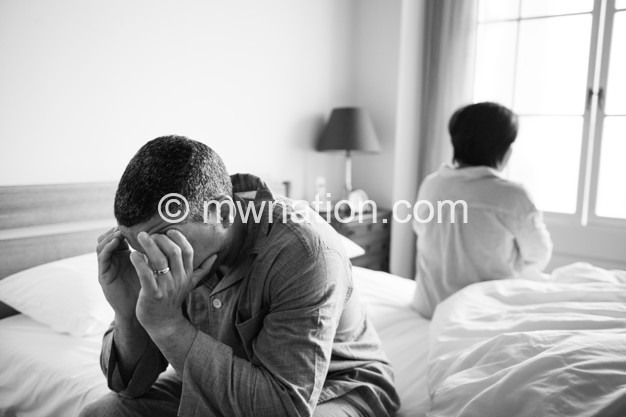Hail Ngolongoliwa, mwene wa mamwene!
Hon Folks, the Chief’s Act as enacted in 1967 allowed the President the discretion to appoint paramount chiefs, senior chiefs, chiefs and sub chiefs. In turn, the chiefs had the discretion to appoint group village headmen and village headmen.
In the context of the one-party system of government of the time, the President’s power to appoint traditional leaders did not require hemming with a bipartisan hedge-cutter. All chiefs’ subjects belonged, willy-nilly, to one party—the Malawi Congress Party, headed by Kamuzu Banda who was also State President.
Now, we are in a difference political dispensation and freedom of association is a constitutional right. As such, supporters of different political parties can be found in one village. In some areas which are not strongholds of the party in government, it’s possible to have the majority in the villagers or Traditional Authority’s areas supporting an opposition leader.
What is surprising is that the Chief’s Act has been amended many times over the years, more so during the multi-party era, yet the President remains the appointing authority for chiefs. It’s obvious that the aim to ensure they “support government of the day”.
Section 4(2) of the Chief’s Act attaches conditions to persons the President can appoint as chiefs. One of them says the appointee should be so entitled under the customary law. Another one say the appointee should have the support of the majority of the people in the area of jurisdiction.
Another condition is that only a chief can be appointed senior chief if all chiefs in the district recognise the appointee as being so entitled “under customary law prevailing in that district.”
Was section 4(2) invoked when the late Bingu wa Mutharika appointed the late Chief Nkhumba of Phalombe as the paramount chief of the Lhomwe or when APM was elevating Ngolongoliwa from a mere village head to paramount chief?
History shows that there was no single Lhomwe chief before Bingu superimposed Nkhumba, believed to be a Nyanja or Mang’anja chief, as the paramount chief for the Lhomwe and keeper of Mulhako wa Alhomwe “shrine” at Mendulo in Mulanje.
The Lhomwe migrated into southern Malawi from Mozambique in small family groups from the late 1880s. While some entered through the tea estates in Mulanje and Thyolo, other s settled on land provided by Yao or Nyanja/Mang’anja traditional leaders. The Lhomwe were still migrating into Malawi in small family units when the colonial government decided to introduce the Indirect Rule in 1933.
There’s hardly a record of the Lhomwe migrating into Malawi as a chiefdom, let alone kingdom. There is also no record of the Lhomwe occupying any land in Malawi by force or conquest. Not that they were cowards; they eagerly embraced and gallantly fought in the Chilembwe uprising in 1915. They also played a pivotal role in the 1953 uprising.
But the colonial power did not elevate a single Lhomwe chief and some historians attribute this to the post Chilembwe uprising perception that the Lhomwe were a troublesome tribe. Kamuzu Banda and Bakili Muluzi did not appoint a Lhomwe traditional leader either despite their numerical supremacy in Chiradzulu, Thyolo, Mulanje and Phalombe.
What then was the areas of jurisdiction for Paramount Chief Nkhumba? How was his appointment justified under the customary law and which chiefs vouched for his elevation?
How about the newly-enthroned Paramount Chief Ngolongoliwa: what is his area of jurisdiction, how was his rocket ascendency—from village headman to sub-chief (2014), chief (2015), senior chief (2016) and paramount chief (2017)—justified under the customary law and which chiefs vouched for him?
If truth be told, Ngologoliwa’s link to the larger Lhomwe ethnic group is through his cultural role as the “mwene wa mamwene” of the Mulhako wa Alhomwe grouping.
It can be argued that the interest shown by both APM and his late brother, Bingu, to use executive authority to appoint a paramount chief for the grouping belies the claim that Mulhako wa Alhomwe is apolitical.
But more worrisome are the distortions through political interferences being brought to the institution of traditional leadership which as its name implies, ought to be steeped in tradition as opposed to politics.
Will the supremacy of Ngolongoliwa survive APM’s tenure? Will his successor be a paramount chief or a mere village headman under Chief Chimaliro?





